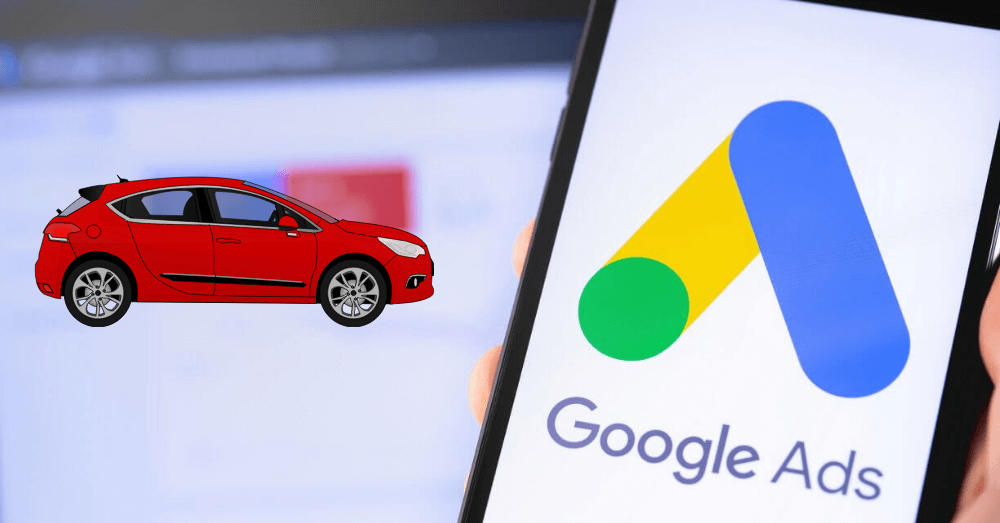The market for used cars heavily favored the seller in the past. Buyers are more equipped than ever to make a good decision on a used car.
A seller always knew a lot more about the car they were selling than the buyer, and the buyer had very little recourse to find out more, leaving them to trust the seller. In the Information Age, this dynamic has changed drastically. Since the pandemic, this has changed even more.
Another Layer of Transparency
There are several factors contributing to the newfound transparency in buying used cars. In 1975, the Lemon Law came into being. This required sellers to provide information about warranty coverage. In 1985, the Used Car Rule required dealers to display a window sticker with warranty information. In modern times, services like Carfax allow buyers to track VIN history, and JD Power and Consumer Reports provide detailed information about reliability.
The pandemic added yet another layer as it sent many buyers online to look for used cars. This highly benefited online-only car sellers like Carvana, but it also triggered other sellers to move much of their car-buying process online. Over 95% of searches for used cars start online and over 70% of buyers compare prices using third-party websites.
This is a major shift from the previous dynamic where buyers would visit between four and six dealerships to compare used cars before buying. Now, buyers can browse cars for sale, compare prices, look for financing, and even complete an entire transaction online.
More Access To Information Than Ever
Most buyers still prefer to visit a dealership at some point during the transaction, usually to test-drive the vehicle and complete the final sale. However, around 42% of buyers completed at least part of the buying process online. CarMax, the largest retailer of used cars in the country, reports over half of retail sales include a mix of online and offline interactions.
Car buyers have more access to information than ever before. They can look up the price of a particular vehicle, compare it to local prices, and research everything about a vehicle before stepping foot on the lot. They can also check out reviews of specific dealerships.
Dealers have had to change some tactics with the awareness that the buyer has access to a long list of information about a particular vehicle. However, dealers can also use this real-time data to save money at used car auctions.
Online Wholesale Auctions
In-person wholesale auctions created a limited pool of buyers to dealers within driving distance. For example, a used convertible sold at auction on the East Coast is likely to fetch a lower price than if the car was bought by a dealer in Florida. A virtual auction can remove that inefficient pricing structure. CarMax has now converted to conducting all its auctions online.
Originally, CarMax adopted this process during the pandemic, but it has since stuck around. Virtual auctions also allow automakers to keep used cars in their own branded dealer networks, even if they’re in different states. In other words, they can conduct closed auctions to their own networks
Ultimately, this unprecedented access to data and analytics has helped both buyers and sellers leave less money on the table.
This post may contain affiliate links. Meaning a commission is given should you decide to make a purchase through these links, at no cost to you. All products shown are researched and tested to give an accurate review for you.




